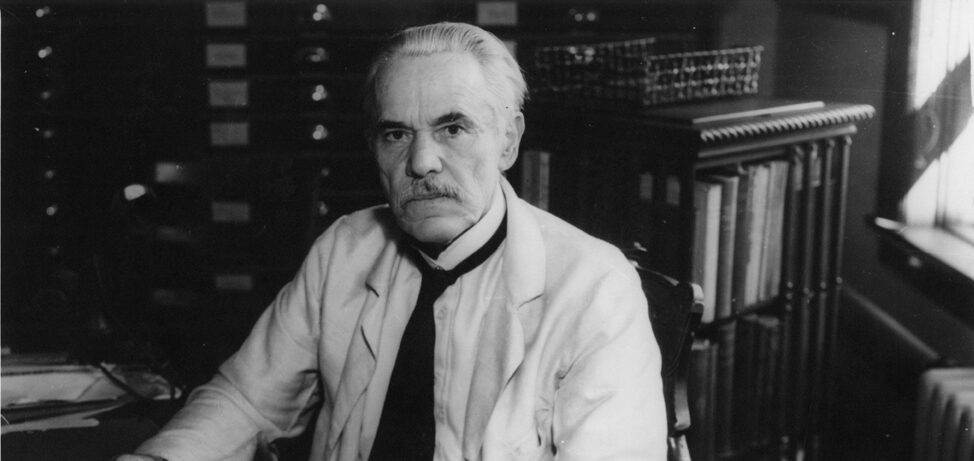
The Washington Post Exposes the Smithsonian’s Racist Brain Collection
On today’s ID the Future, host Michael Medved talks with Human Zoos film director John West about a recent Washington Post series exposing how the Smithsonian Institution collected hundreds of brains from indigenous peoples as part of an early-20th century effort to promote Darwinian racism. The motivation for the brain collection was to document how some people were supposedly lower on the evolutionary ladder than others. As West notes, many of these brains are still stored in steel vats at a non-public Smithsonian facility in Maryland. Tune in as West and Medved explore this disturbing topic and how it all ties into Darwin’s theory of evolution. And to watch the segment from the Human Zoos documentary detailing this gruesome collection and the man behind it, Aleš Hrdlička, click here.
